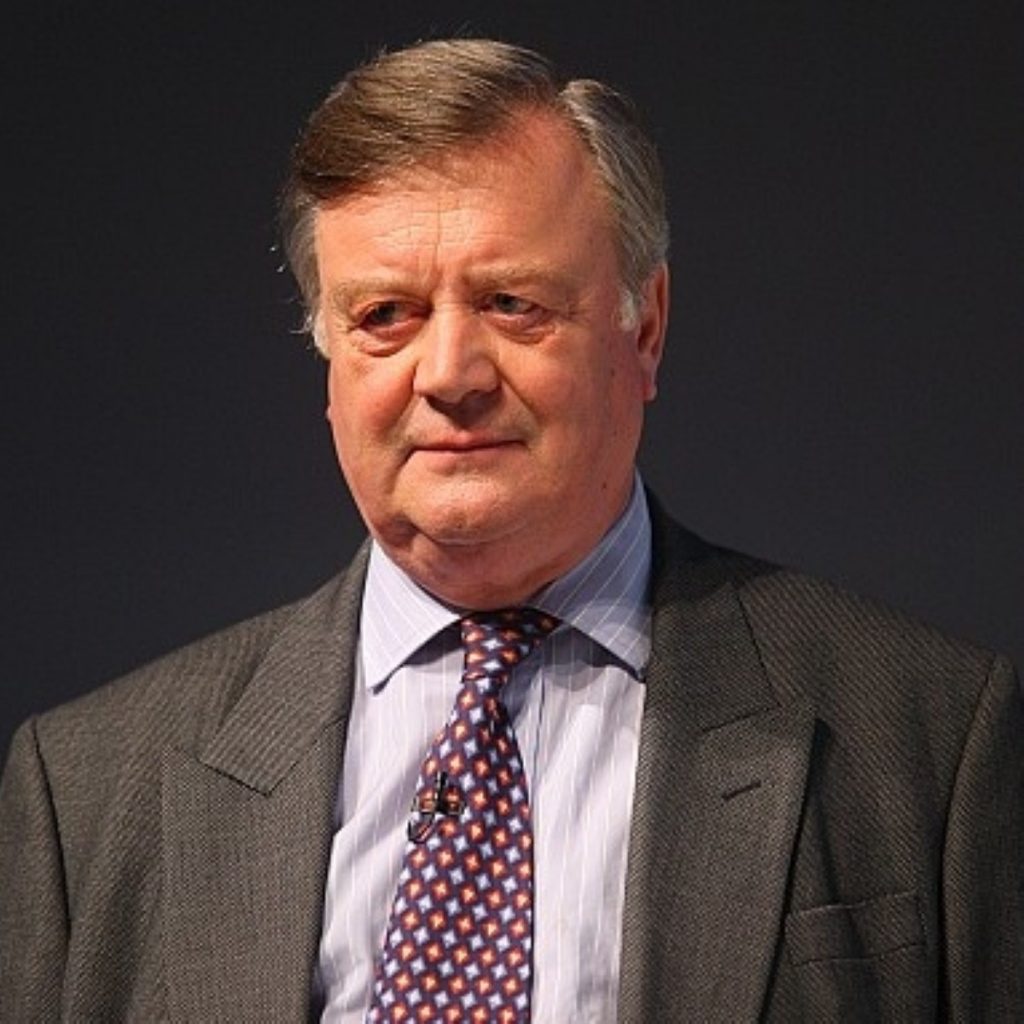New conflict of interest controversy arises in government
By Ruth McKee
Justice minister Jonathan Djanogly has been stripped of his powers after it emerged he created a loophole in the law which could have benefited his family's complex business interests.
Mr Djanogly's brief was to regulate the legal industry, particularly the controversial 'no win no fee' law firms known as 'ambulance chasers', who make a fortune from victims of accidents who want to claim compensation.
While preparing new legislation on the issue he failed to declare a possible conflict of interest. His children owned shares in his brother in law's legal business which acts as a referral firm for lawyers interested in no win no fee clients.


Earlier this year Mr Djanogly announced a ban on referral fees in personal injury cases but did not issue any regulation for employment law firms, meaning his brother-in-law's business, which specialises in referring clients for employment law, was effectively untouched by the new regulations.
Prompted by Labour justice minister Andy Slaughter, Cabinet secretary Gus O'Donnell launched an investigation into the irregularity.
He insisted there was " no suggestion of any impropriety in relation" to Mr Djanogly's brother-in-law's firm and that "for the avoidance of doubt decisions about the regulation of individual (claims management companies) should henceforth be handled by another minister".
He added that he accepted Mr Djanogly's statement that "he has not – and has never had – any knowledge of or influence over investment decisions".
Mr Slaughter responded: "There are serious questions over whether the conflicts of interests influenced the policy making process and there are further questions over the Djanogly Family LLP that need to be answered. I will be writing to Sir Gus O'Donnell shortly."
Sir Gus, who was also charged with investigating the Liam Fox affair, also announced that justice secretary Ken Clarke would assume Mr Djanogly's responsibilities but that he would still decide on matters involving legal aid and civil litigation, meaning he will retain some power over shaping the profitability of the industry.
Mr Djanogly's brother-in-law runs two firms which provide an introductory service between victims of employment law breaches and lawyers which together made a profit of £130,000 last year.
When Mr Silk became aware of a Guardian investigation into the matter he alerted Mr Djanogly who then sold his children's shares in the businesses, putting them in a blind trust to protect himself from accusations that he could personally profit from legislation he is piloting in the Commons.












